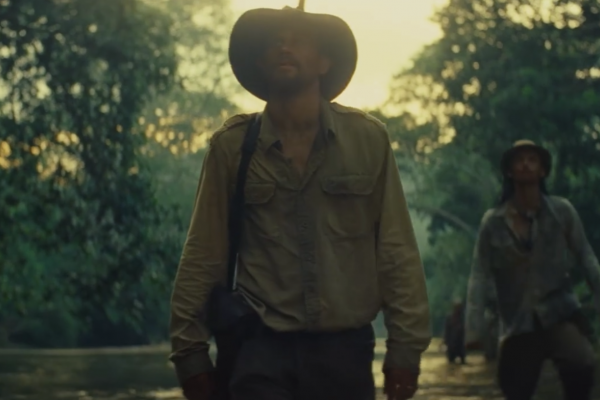Apr 25, 2017
As Christians in an unjust world, it’s easy for us to long for escape, for a “pure, uncorrupted” place that makes sense to us — that is, our ideas of heaven. But while it’s important to desire that perfection, we ourselves can’t actually attain it, as true comprehension of heaven lies beyond earthly grasp. If getting to heaven is the only thing we care about, we’re missing the point.
Read the Full Article

Already a subscriber? Login
